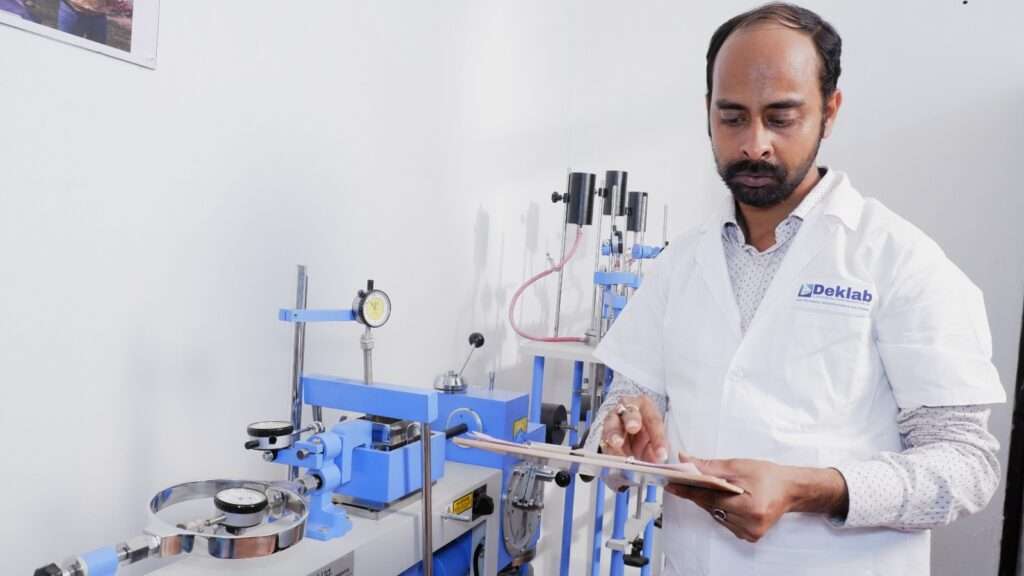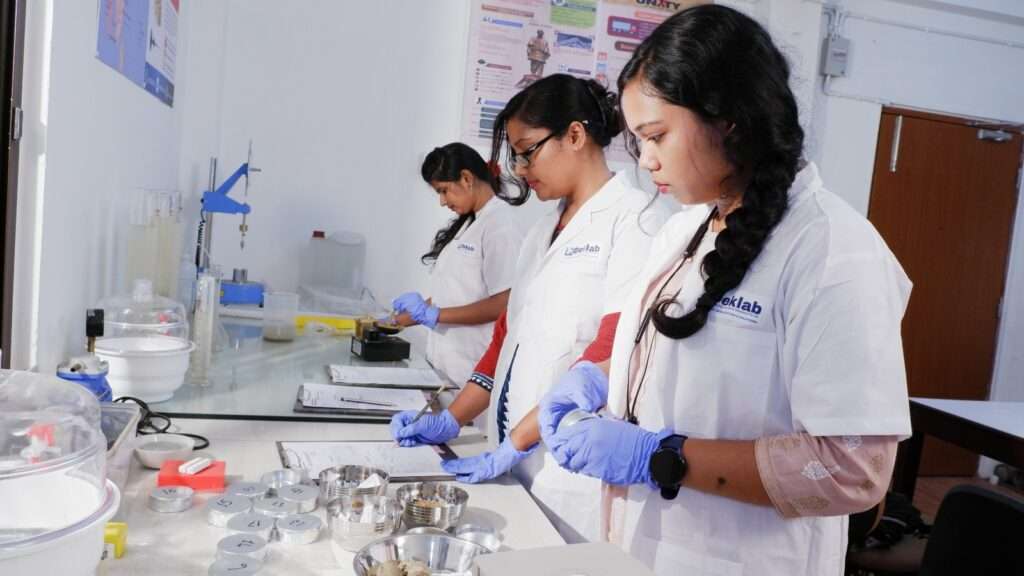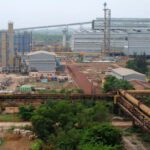Why Soil Testing is Important Before Construction?
Soil testing is a crucial step that should never be overlooked before embarking on any construction project. It involves the analysis of soil samples to determine its composition, strength, and suitability for construction purposes. This comprehensive evaluation provides vital information that helps engineers and architects make informed decisions, ensure structural stability, and prevent potential hazards. In this article, we will delve into the importance of soil testing before construction, highlighting its benefits and the key aspects it addresses.
Before laying the foundation of any structure, it is essential to assess the soil’s characteristics and properties. Soil testing provides valuable insights into its composition, strength, and suitability for supporting the proposed construction. By conducting thorough soil analysis, engineers and architects can ensure the safety, stability, and durability of the structure.

Understanding Soil Composition
Soil is not a homogeneous substance; it varies in composition and properties across different locations. Soil testing helps in understanding the composition of the soil, including its organic and inorganic constituents. It identifies the presence of sand, silt, clay, and other elements, which determine the soil’s permeability, drainage capabilities, and shrink-swell potential.
Soil Strength and Bearing Capacity
One of the critical aspects evaluated through soil testing is its strength and bearing capacity. By determining the soil’s load-bearing capacity, engineers can ascertain whether it can support the intended structure. This information is vital in designing the foundation and selecting appropriate construction methods.
Identifying Soil Contamination
Soil contamination can pose serious health and environmental risks. Soil testing helps in identifying any contaminants present in the soil, such as heavy metals, chemicals, or pollutants. By detecting and analyzing these contaminants, proper measures can be taken to mitigate their potential adverse effects on the construction project and surrounding environment.
Ensuring Stability and Structural Integrity
Soil testing plays a pivotal role in ensuring the stability and structural integrity of the construction. By assessing soil properties, engineers can determine the potential for ground movement, settlement, or slope instability. This knowledge allows for the implementation of appropriate measures, such as reinforcement techniques or slope stabilization methods, to prevent structural failures.
Foundation Design and Construction
The foundation is the fundamental element of any structure, and its design and construction heavily rely on soil testing results. Soil analysis helps engineers understand the type and depth of foundation required to support the structure adequately. It also guides the selection of suitable materials and techniques to ensure a stable and long-lasting foundation.
Preventing Future Settlement Issues
Settlement issues can lead to significant damage to a structure. Soil testing helps identify soil conditions that may cause future settlement problems. By understanding the soil’s compressibility and consolidation characteristics, engineers can take preventive measures during construction to minimize or eliminate potential settlement issues.
Tailoring Construction Methods
Different soil types require specific construction methods and techniques. Soil testing helps determine the most suitable construction methods based on the soil’sproperties. For example, cohesive soils may require specialized excavation and compaction techniques, while sandy soils may necessitate additional stabilization measures. By tailoring construction methods to the soil’s characteristics, the project can achieve optimal results in terms of stability, durability, and cost-efficiency.
Environmental Considerations
Construction projects have an impact on the environment, and soil testing plays a vital role in addressing environmental considerations. By identifying soil contamination and understanding the soil’s drainage capabilities, measures can be implemented to prevent soil erosion, groundwater pollution, or other environmental hazards. Soil testing allows for the development of environmentally friendly construction practices and ensures compliance with environmental regulations.
Compliance with Building Codes and Regulations
Building codes and regulations mandate the adherence to specific standards and guidelines for construction projects. Soil testing is often a requirement to obtain permits and approvals from regulatory authorities. By conducting soil tests, builders can demonstrate compliance with building codes, ensuring the safety and integrity of the structure.
Cost and Time Savings
Investing in soil testing before construction may seem like an additional expense, but it can save significant costs and time in the long run. By identifying potential issues and risks early on, corrective measures can be taken at the initial stages of the project. This proactive approach minimizes the chances of costly rework, delays, or structural failures, ultimately saving both time and money.

Quality Assurance and Risk Mitigation
Soil testing serves as a quality assurance measure by providing accurate and reliable data about the soil’s properties. It helps in mitigating risks associated with construction projects by identifying potential challenges and allowing for appropriate risk management strategies. By ensuring the use of suitable materials and construction techniques, soil testing minimizes the likelihood of structural defects and failures.
Professional Soil Testing Process
Professional soil testing involves a systematic process that includes the collection of soil samples, laboratory analysis, and interpretation of results. Qualified geotechnical engineers and soil scientists conduct these tests using specialized equipment and techniques. The process ensures the accuracy and reliability of the obtained data, providing a solid foundation for decision-making in construction projects.
Importance of Hiring an Expert
To obtain accurate and reliable soil testing results, it is crucial to hire experienced professionals in the field. Geotechnical engineers and soil scientists have the expertise to conduct thorough soil investigations, interpret test results, and provide appropriate recommendations. Their knowledge and skills ensure that the construction project is based on reliable data, minimizing risks and ensuring long-term structural integrity.
The duration of soil testing depends on various factors, such as the scope of the project and the number of samples. Typically, it can take a few days to a few weeks to complete the entire testing process.
While it is preferable to conduct soil testing before construction begins, it can also be done during construction if necessary. However, this may lead to delays and additional costs.
Yes, there are various types of soil tests, including compaction tests, permeability tests, and consolidation tests. The specific tests conducted depend on the project requirements and the characteristics of the soil.
No, soil testing is important for projects of all sizes. Whether it’s a small residentialbuilding or a large-scale infrastructure project, soil testing ensures the safety and integrity of the structure.
If soil testing reveals unsuitable soil conditions, engineers can explore alternative solutions. This may involve soil stabilization techniques, foundation design modifications, or even considering a different location for the construction.
Soil testing is a critical step that should never be overlooked before starting any construction project. It provides valuable information about the soil’s composition, strength, and suitability, enabling engineers to make informed decisions and ensure the safety and stability of the structure. By investing in soil testing, builders can mitigate risks, save costs, and create structures that stand the test of time.












